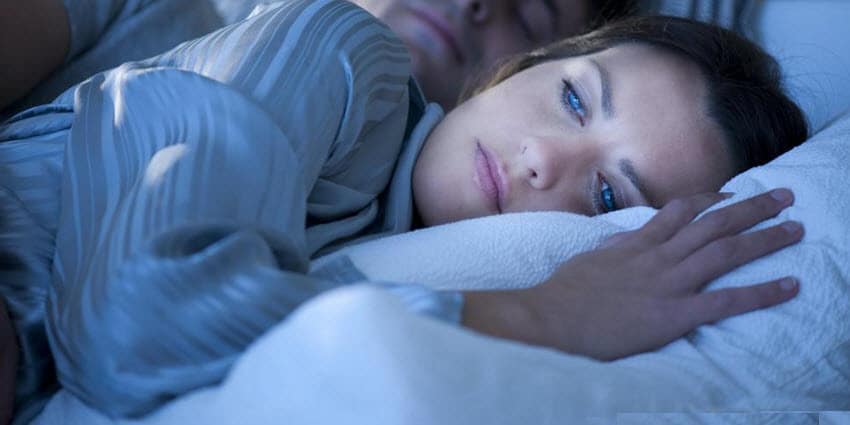If you don’t snooze, you lose – Encouraging healthy sleep
Everyone knows the feeling after a bad night’s sleep, from irritability to unproductivity, but longer lasting sleep disruption can have a much more significant effect on both our mental well being and our physical health. Regular poor sleep increases the risk of obesity, heart disease and diabetes, and can lead to shortened life expectancy.
A number of factors can affect sleep, and not surprisingly patients experiencing musculoskeletal difficulties can find this a considerable hindrance to their ability to sleep. This sleep disruption can, in turn, make their ability to manage their pain more difficult.
Create a routine
Try to get up in the morning and go to bed at the same time each day, even at weekends. You may need to set an alarm. Creating a sleep routine will help your body make the chemicals that control sleep. Having a sleep routine such as listening to soothing music or doing stretching or relaxation exercises before bed can also remind the body that it is time to slow down and sleep.
Avoid blue light before bed
Electronic devices such as televisions, tablets and computers produce a certain type of light called “blue light”. Blue light interferes with a chemical called melatonin which helps us sleep, and it can also reduce a type of sleep called slow-wave sleep which is essential for us to feel rested.
Do some regular exercise but not too close to bedtime
Regular exercise, especially aerobic exercise which gets your heart beating faster, has been proven to improve the quality of sleep and just being more active during the day can also help improve sleep and fight fatigue.
Try to keep your mind blank
Many people who lie awake at night find that their minds are too active, for example thinking about worries, things that they need to remember or things that they have to do the following day. Some people also find that worrying about not sleeping then makes the problem worse.
Avoid stimulants and alcohol
Coffee, tea, cola, cocoa, chocolate and some medicines contain caffeine and other stimulants which can disturb sleep. The effects of caffeine can last for many hours in the body so consider switching to decaffeinated drinks or avoid caffeine apart from in the morning
Avoid eating large meals late at night
A heavy meal before bed or too much spicy food at night can make it difficult to sleep, so consider how much you eat before bed. Herbal tea or a milky drink may help you relax but don’t drink too much before bed as this may mean you have to wake to go to the toilet at night.
Make your bedroom cool, dark and quiet
Sleep quality can be improved by sleeping in a slightly cooler room—around 17C is comfortable for most people, so make sure that you have enough, but not too much bedding.
Try not to have a nap during the day
If your sleep is disturbed at night, you may feel sleepy during the day, especially in the afternoon. If you fall asleep during the day, even a short nap can then disturb your sleep at night. If you have to have a short sleep, make sure that you go to bed and set an alarm clock so that you don’t sleep for too long – 15 to 20 minutes maximum, and not later than the early afternoon.
Medication
In general, taking medicines for long periods to improve sleep is not a good idea and lifestyle changes are much more helpful. Although medicines that help us sleep, they are not useful for long periods because they can be addictive, can stop working after a few days, or affect sleep quality.
There are resources to help with sleep on the One You website, www.nhs.uk/oneyou/sleep

